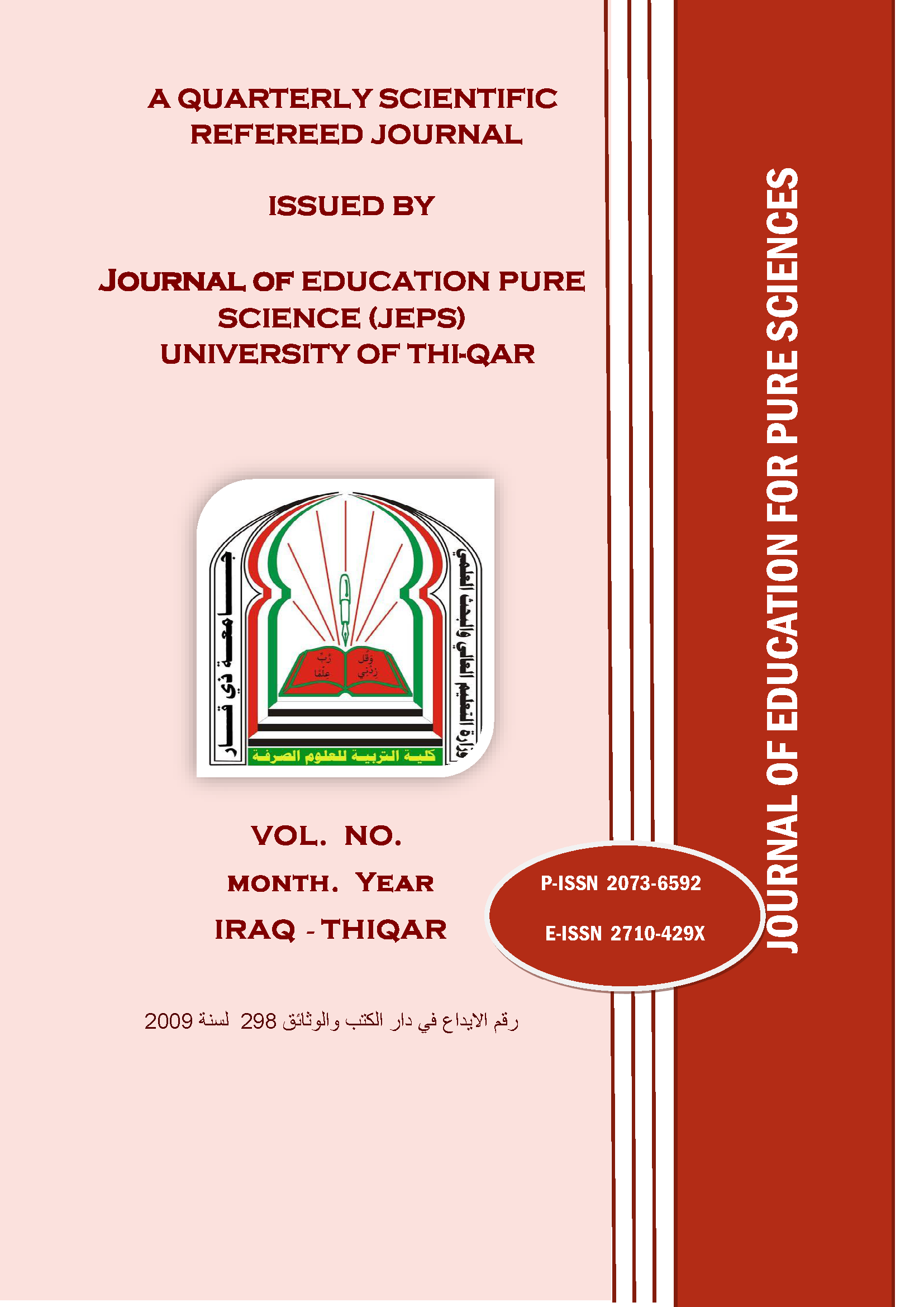Underground Oil Pipeline Leak Detection Using CNN and SVM
DOI:
https://doi.org/10.32792/jeps.v15i2.576Keywords:
Oil Leak Detection; Convolution Neural Networks(CNN) ; Feature Transfer Learning .Abstract
Abstract
Oil leaks on land and water surfaces from pipeline cracks cause severe damage to the environment. Pipeline leak detection is an important and necessary step for pipeline safety management. This paper presents synthetic aperture radar (SAR) images as an approximate representation of the target scenes. The present study presents a transfer learning framework that uses deep learning convolutional neural networks (CNNs) for the purpose of pipeline leak detection. The investigation of CNN transfer learning is carried out using two distinct approaches: parameter-based CNN transfer learning and hybrid feature-based mechanisms. The optimal transfer learning model is selected using ResNet-50, DenesNet-201, Xception and AlexNet algorithms pre-trained on ImagNet. The results demonstrate that the feature-based CNN transfer learning approach Xception combined with SVM proposed in this study exhibits superior performance compared to parameter-based CNN transfer learning methods. The method Xception withe SVM achieved maximum accuracy of 99.8% ,recall 100%, precision 99.5 %and F1scor 99.7%.
Downloads
Published
Issue
Section
License
Copyright (c) 2025 Journal of Education for Pure Science

This work is licensed under a Creative Commons Attribution-NonCommercial-NoDerivatives 4.0 International License.
The Authors understand that, the copyright of the articles shall be assigned to Journal of education for Pure Science (JEPS), University of Thi-Qar as publisher of the journal.
Copyright encompasses exclusive rights to reproduce and deliver the article in all form and media, including reprints, photographs, microfilms and any other similar reproductions, as well as translations. The reproduction of any part of this journal, its storage in databases and its transmission by any form or media, such as electronic, electrostatic and mechanical copies, photocopies, recordings, magnetic media, etc. , will be allowed only with a written permission from Journal of education for Pure Science (JEPS), University of Thi-Qar.
Journal of education for Pure Science (JEPS), University of Thi-Qar, the Editors and the Advisory International Editorial Board make every effort to ensure that no wrong or misleading data, opinions or statements be published in the journal. In any way, the contents of the articles and advertisements published in the Journal of education for Pure Science (JEPS), University of Thi-Qar are sole and exclusive responsibility of their respective authors and advertisers.





